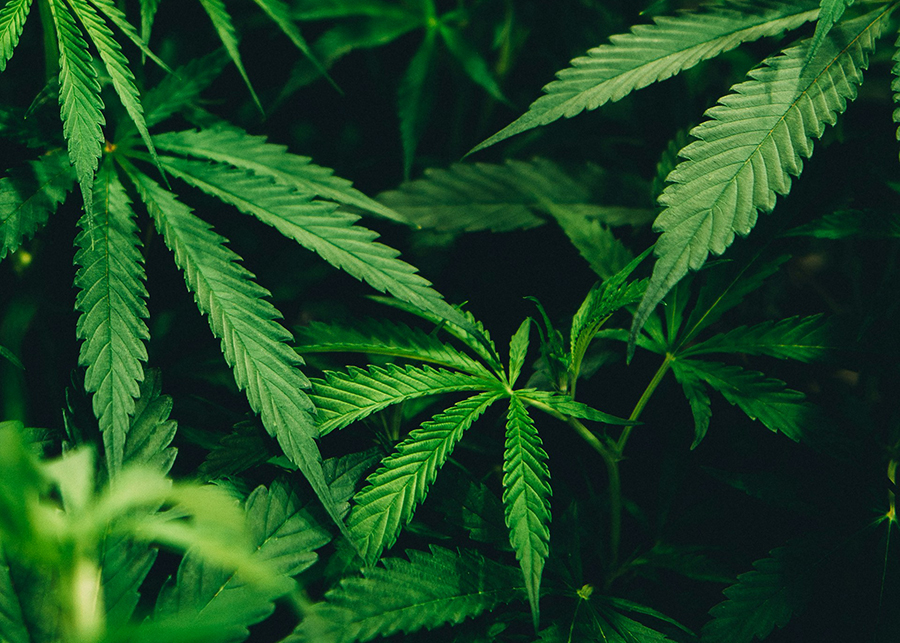Hemp genetically modified to remove the two better-known cannabinoids joined several other plants in gaining U.S. Department of Agriculture (USDA) regulatory clearance so that it can be grown in the United States.
“Badger G” hemp, produced by the Wisconsin Crop Innovation Center, uses a “genetic knockout” to prevent the plant from containing tetrahydrocannabinol (THC), the psychoactive ingredient in marijuana. According to the Wisconsin Crop Innovation Center, 25% of the hemp grown in the United States is discarded because its THC level is above the 0.3% threshold for federal regulation as marijuana.
The genetic knockout also means that Badger G hemp does not contain cannabidiol (CBD), an ingredient said to reduce stress that is also illegal in most U.S. states.
Badger G does contain higher levels of cannabigerol (CBG), which is not widely regulated but is believed to have medicinal properties. CBG “shows promise as a therapeutic for such afflictions as glaucoma, inflammatory bowel disease and Huntington’s disease,” and has traditionally been more expensive to produce, according to Hemp Today.
The lack of THC and CBD should make it legal to grow everywhere. However, the use of genetic modification meant it had to be reviewed by the USDA’s Animal and Plant Health Inspection Service (APHIS).
APHIS approves Badger G hemp
The Wisconsin Crop Innovation Center applied to APHIS to avoid the requirement to comply with 7 CFR part 340. This regulates the movement of genetically engineered products over state lines. The regulation is meant to prevent the transport of genetically engineered products that are considered “pests” because they would harm other plants or the surrounding environment in some way.
APHIS announced the approval of that application on March 20, along with approving five other applications of genetically engineered products. These are:
- Yield10 Bioscience: two camelinas modified for improved seed oil quality.
- Bayer Crop Science: canola modified for herbicide resistance.
- Nuseed: canola and brown mustard modified for improved product quality and herbicide resistance.
- Hjelle Advisors: soybean modified for altered product quality.
- Michigan State University: potato modified for fungal resistance (potato late blight).
“APHIS found these modified plants were unlikely to pose an increased plant pest risk compared to other cultivated plants. As a result, they are not subject to regulation under 7 CFR part 340. From a plant pest risk perspective, these modified plants may be safely grown and bred in the United States,” the announcement said.
Badger G is the second genetically engineered hemp plant with low THC to receive APHIS approval under 7 CFR part 340. In September, APHIS cleared hemp produced by Growing Together Inc. from the regulation.




